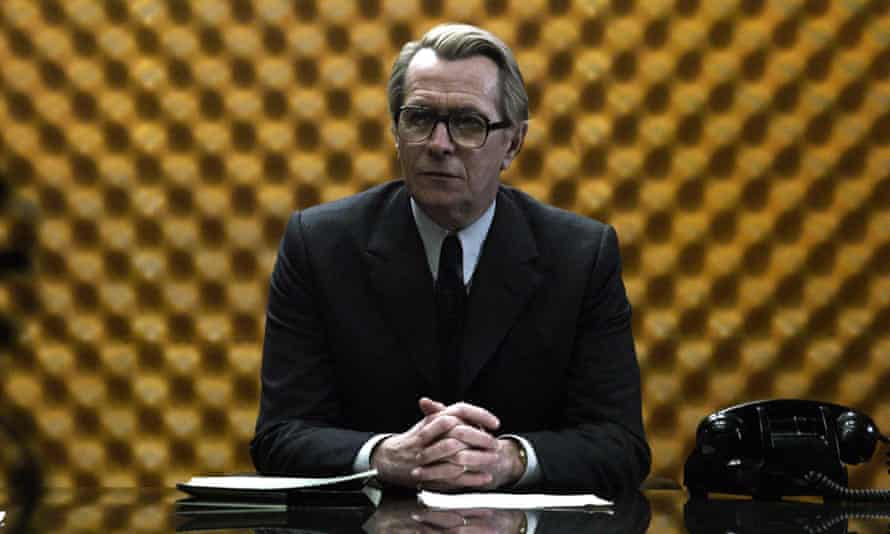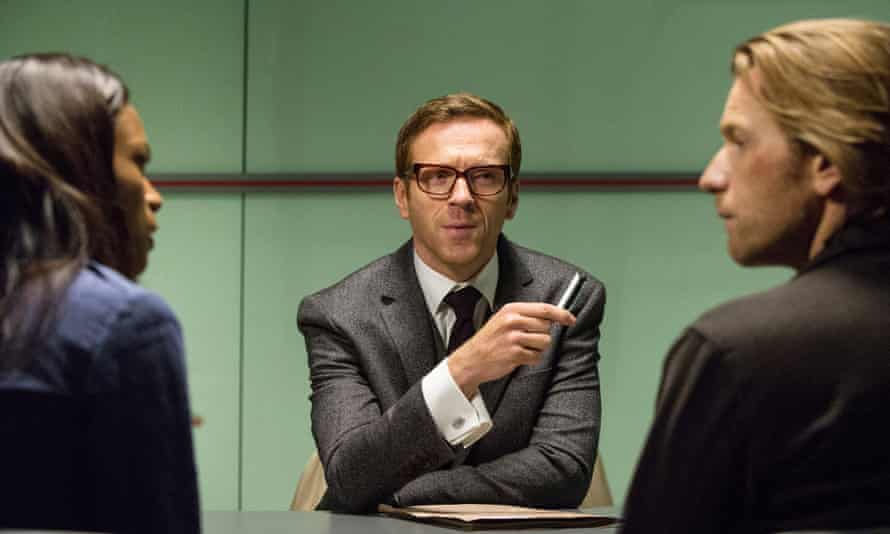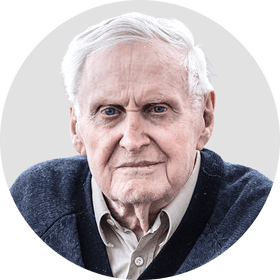 |
| John le Carré Illustration by T.A. |
John le Carré remembered by writers and friends: 'He always had a naughty twinkle in the eye'
Part Two
Margaret Atwood, John Banville, Tom Stoppard, Ralph Fiennes, John Boorman and more pay tribute to a master who transcended the limits of spy fiction
Monday 14 December 2020
Philippe Sands, lawyer and author

We first met at the local pub, bonded over the mendacities of the “war on terror” and Iraq, and ended up giving a talk at a local school in the company of a former Guantánamo detainee. I learned that his attention to detail, and capacity for research, was beyond extraordinary; I didn’t hesitate when he asked if I might review a manuscript to check if the lawyers were “right”. (Dress, lingo, style, etc.) It became a regular thing: the doorbell; him, standing on the porch; hundreds of pages in a cardboard box; “usual procedure?” What a joy to receive the unvarnished words, double-spaced, printed only on one side, and the conversations that followed. (Unbelievably, in the early years my wife gave the drafts to our kids as scrap paper.) “No lawyer would refer to her client as ‘heart’,” I might scribble, or some such thing, polite in the early days, firmer as the years passed, then deliver the relevant pages back to their house around the corner. Occasionally there would be a debate, sometimes pretty spirited. He’d usually take a suggestion, but not always. “Heart” never did make it into that book, thankfully, although he insisted for ever that he did once hear a lawyer use the expression, “truly, a term of genuine endearment”.
Over the years, the act of reading sowed the magic of his approach to structure and text (the dialogue!) into my soul. He was warm, funny, hugely generous, always a naughty twinkle in the eye. He was a student of the human condition, and forever a teacher. (“The thing you need to understand about Eton,” he told me not so long ago, apropos Mr Johnson and the place where he himself once taught, “is that the pupils are taught to win, not govern.”) Writing this, I recall the laughter, the secret rhubarb crumbles and custard shared despite the ordinances of our wives, and the sheer happiness of each encounter with Le Carré and his wife Jane, not least the impromptus on the streets of Hampstead.

Tomas Alfredson, director of Tinker Tailor Soldier Spy
The first time I met David, it was love at first sight. His humour and wit were irresistible. He was a living jukebox of stories of every kind. He was a very attentive listener, too – I’ve met many people who are very fond of their own voice and not really interested in others, but David was truly interested in other people.
With Tinker Tailor Soldier Spy, he urged me and the screenwriters Bridget O’Connor and Peter Straughan to make our own version of his book. He visited our office often and was also a guest on set several times. It was so lovely to have someone so supportive but not intrusive.
I remember his first reaction when he first saw an edit in the screening room – he turned to me and said, “Chuffed as fuck.”
We met now and then, the last time this January in Stockholm when he accepted an award. He had written the most radical speech: he was very critical about the UK leaving the EU and said very lovely things about our former prime minister, Olof Palme, after whom the prize was named.
He was such fun: a little boy and a patriarch at the same time. He was so willing to play as well as to be a man with strong opinions and enormous integrity. It’s fantastic that an 89-year-old man could be 17. I really will miss him a lot.

Susanna White, director of Our Kind of Traitor

As you might expect, David Cornwell was a master of disguise, different things to different people in different places.
We shot Our Kind of Traitor in five countries. One section takes place at the Bellevue Palace Hotel in Bern. Dressed, as he did, in monogrammed shirts, that five-star luxury seemed like his natural habitat, but as we walked the cobbled streets of Bern together, he shared stories of how he first came there at the age of 16 and talked his way into a place at the university, of how he supported himself washing elephants for a circus, how he slipped into the back of a lecture room to hear Herman Hesse give a reading. We had drinks in the bar at the Bellevue Palace, where he said he used to gather intelligence in the postwar years and attended tea dances in the afternoons.
But he seemed happiest taking us for fondue at the formica tables at a little joint across the street which had barely altered since he discovered it in the early 1950s, advising we should all drink Kirsch, as well as the wine that was on the table, to aid digestion. Here he switched not just into German but into the fiendishly difficult Swiss German of the region and with that in mind we cooked up the idea of how he’d make his cameo appearance in my film as a Swiss German guard at the Einstein museum. With a typical attention to detail, he was very specific about the shoes he should wear – he felt his character had bad feet and was a bit miserable because of it. The waitress serving the fondue launched into a big speech about how marvellous it must be to be British – in Switzerland one had to conform, in Britain you could be anyone you wanted. The truth was that David Cornwell, or John le Carré or whatever name he went under that day, could be anyone he wanted anywhere in the world.
Hossein Amini, screenwriter of Our Kind of Traitor
The three days I spent in Cornwall with David in 2010 going over my first draft of Our Kind of Traitor were some of the most memorable, and enjoyable, of my whole career.
He was such a film buff that he was incredibly open to changes being made to his novel. He’d act out all the dialogue with fantastic accents and voices. It’s the only time I’ve really worked closely with a novelist on an adaptation, but I think he was like that with all the projects he worked on.
We’d work in the morning and then go for walks on the cliffs in the afternoon. He was incredibly welcoming as a host, and very kind and encouraging as a collaborator. He didn’t impose status on you, but would treat you as an equal. David was so comfortable with himself he didn’t need to put you down to make himself feel big.
He had a very young mind, even well into his 80s. He’d always be asking questions and interested in other people, and I think you can see that in the way he’d reinvent his themes and tell new stories.
I’ve only met three or four geniuses in my lifetime; people where you think, oh, there’s a reason you’ve accomplished what you have. David was certainly one of them.
John Boorman, director

He lived at the very end of Land’s End, as far away from London as you can get without falling into the sea. I went to see him. I was to make The Tailor of Panama for Warner Brothers. He and I were part of the diminishing generation who were children during the second world war. He was just one year older than me. He had moved on and was in the middle of a new book. Everything he knew about Panama was in the book. He gave me some contacts and suggested that I write the script.
Although he did not wish to speak about Panama, he was anxious to talk about everything else with the urgency of a recluse. We talked about the hopes we had of the reforming government of Attlee that founded the secondary modern schools, which for the first time taught all children about art and music, resulting in the explosion of painting and music of the 60s. We noted that none of those musicians and painters came out of Eton. A discussion about the class system, which he believed was pervasive and prevented England from developing. It all stemmed from the absurd monarchy.
We met on a number of occasions and I was always impressed by his high intelligence. When he was in the middle of a book, it was as though it had to be written or it would burst inside him.


No comments:
Post a Comment